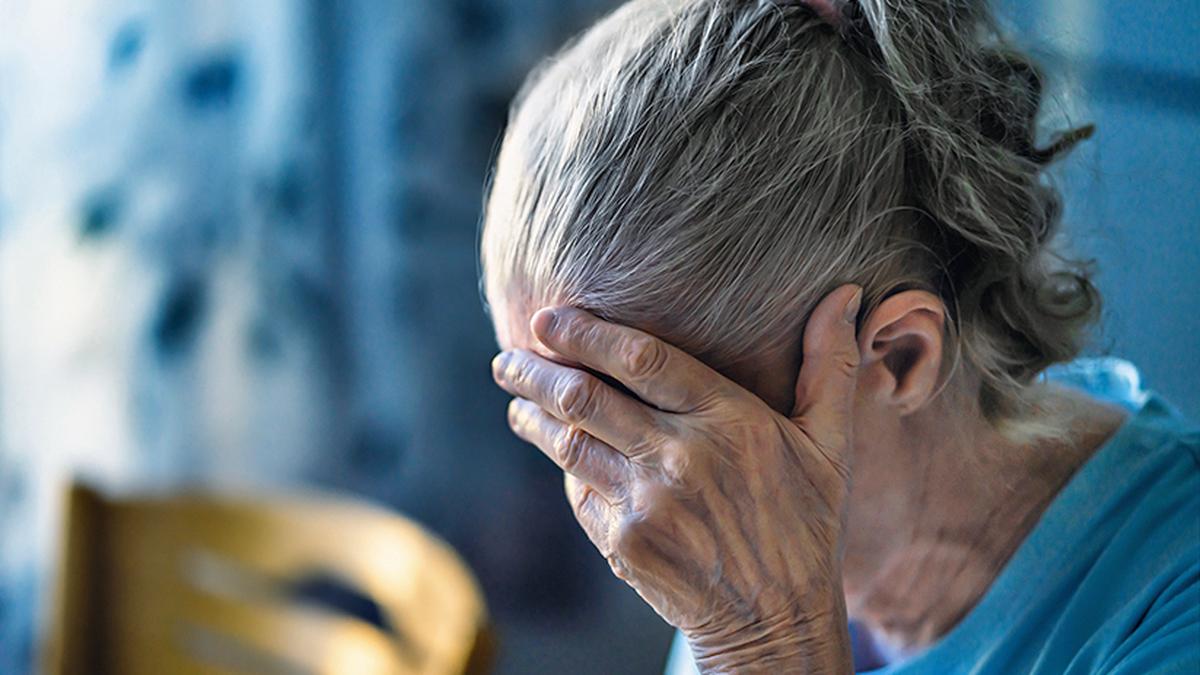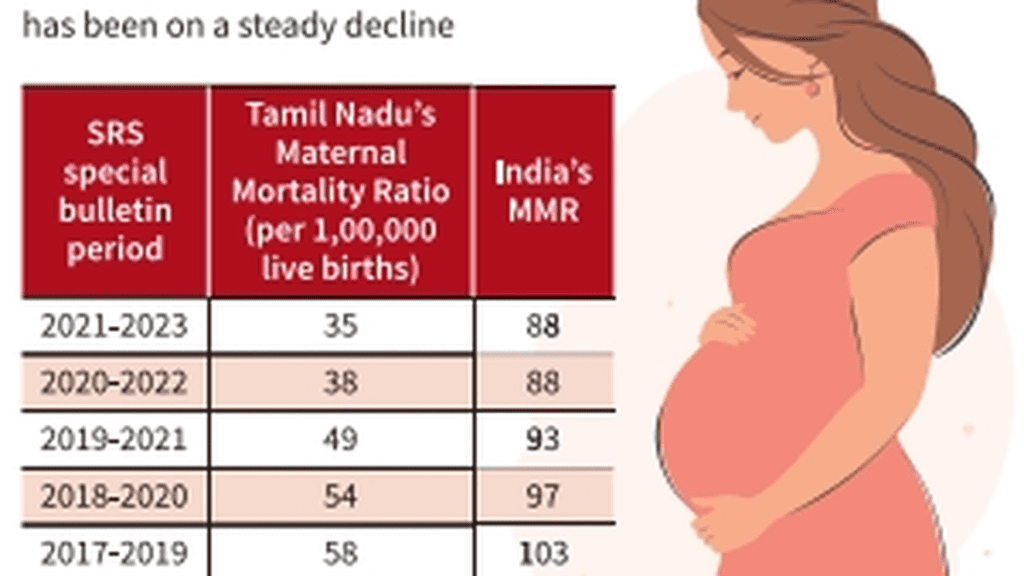Indian Institute of Science researchers highlight India’s need for national dementia policy with focus on cultural factors Premium

Indian Institute of Science researchers highlight India’s need for national dementia policy with focus on cultural factors Premium
A recent paper by researchers from the Centre for Brain Research at the Indian Institute of Science (IISc) has highlighted the need for a comprehensive dementia policy in India to address the needs of the older population and their caregivers on a national scale.
This policy should prioritise effective dementia prevention strategies and equitable allocation of resources, incorporating evidence-based approaches. The policy should integrate dementia care into both geriatric and mental health plans, stated the paper published in The Lancet Psychiatry on January 23.
India is expected to have 340 million older adults (aged 60 and older) by 2050, of whom 5.3 million will have been living with dementia since 2020.
In the paper, the team of researchers from the Centre for Brain Research reviewed various reports that highlighted the disease’s degenerative character, reducing memory, cognition, and the ability to perform daily living activities.
Asserting the importance of early detection, awareness and effective care systems, Thomas Gregor Issac, associate professor at the centre, who is the corresponding author of the paper, told The Hindu that there is a need for expanded healthcare infrastructure, professional training, and a national dementia policy. This will help address India’s growing dementia challenge, which includes early diagnosis and treatment gaps, he said.
“As of 2023–2024, the health expenditure of India amounts to 1.9% of its gross domestic product, with ₹16.14 billion (0.033% of total ₹48.21 trillion budget) allocated for mental health and older population care. In 2023, The Longitudinal Aging Study in India (LASI) and LASI-Diagnostic Assessment for Dementia reported that the prevalence of dementia in India among individuals aged 60 and older was 7.4%, with higher rates in women and in rural regions, and estimated that by 2036, the number of cases would quadruple,” the doctor explained.
Pointing out that dementia is often misunderstood in India, he said this is owing to a lack of awareness and cultural misconceptions, which lead to delayed evaluation and diagnosis. This in turn considerably impairs the quality of care, he said.
“In a value-driven society such as India, where inter-generational support and family ties are strongly embedded in cultural norms, help seeking behaviour for dementia remains low. The idea of using care facilities or depending on care homes is often perceived as a failure to fulfil familial responsibilities and is associated with stigma. The absence of proper support networks for caregivers greatly increases the financial, emotional, and physical strain, which frequently results in stress, burnout, and weakened health, all of which influence the standard of care given to people with disabilities or chronic illnesses,” the doctor explained.
The paper also reviewed various State-level dementia plans and strategies. “The Kerala State Initiative on Dementia that began in 2014 is a comprehensive dementia care model providing dementia awareness programmes, caregiver training, memory clinics, and residential care facilities,” it said.
In 2015, the Longitudinal Cognition and Aging Research on Population of the National Capital Region was initiated for population-based prospective cohort research in South Delhi, focusing on middle-aged and older individuals to evaluate the prevalence of stroke and dementia. “The major goal of the study was to create risk prediction models and discover new biomarkers for the early identification and prevention of cognitive diseases. While the study’s findings were expected to be applicable to people living in urban areas in northern India, the study faced challenges during the investigation, which led to unclear results,” the paper stated.
Also Read:Dementia projected to affect 15.3 crore people by 2050
The paper also put on record the Karnataka Brain Health Initiative that was launched in 2023 in partnership with NIMHANS and Niti Aayog.
“This effort intends to build specialist clinics for brain illnesses in the community. The Centre for Brain Research is performing breakthrough research with projects such as the Tata Longitudinal Study of Aging and the Srinivaspura Aging, Neuro Senescence, and COGnition study, which includes urban and rural participants. These efforts, while not complete, represent important strides forward for improving neurological treatment and assistance for older people in India,” stated the paper.










